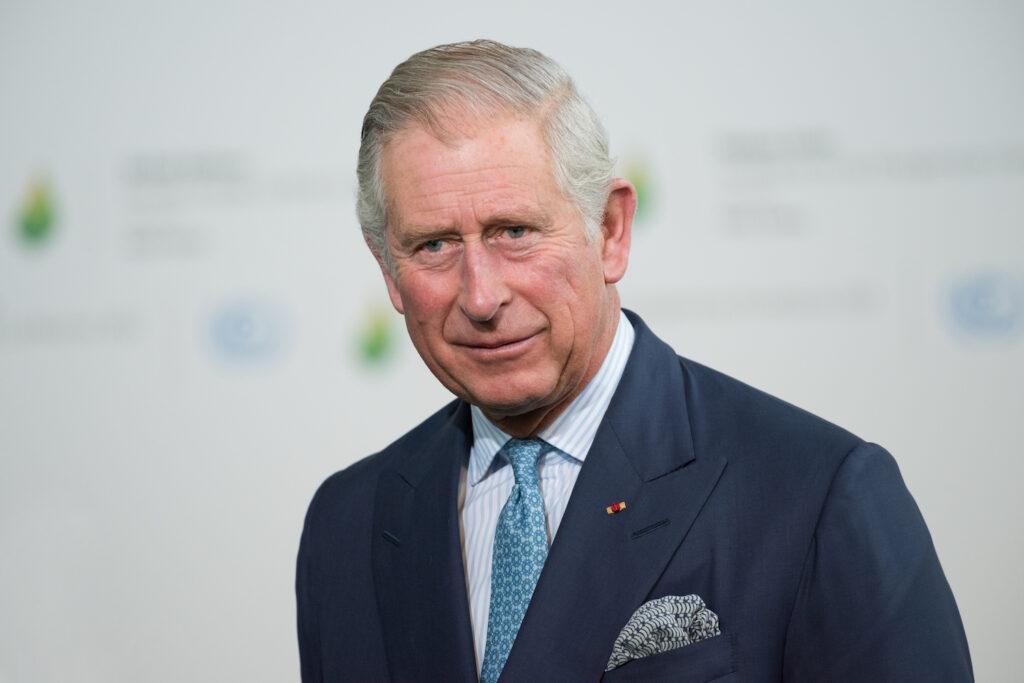Prince Charles says small farms “have a huge role in our sustainable future”
24th May 2021
The Prince of Wales has stressed the importance of Britain’s smaller family farms, and called for renewed attempts to create a co-operative to help secure a viable future for farmers – as agriculture faces a period of significant change.
Writing in The Guardian, Prince Charles has said it is “essential” that the contributions of small-scale family farmers is properly recognised, adding that they must be a key part of any fair, inclusive, equitable and just transition to a sustainable future.
“To do this, we must ensure that Britain’s family farmers have the tools and the confidence to meet the rapid transition to regenerative farming systems that our planet demands,” he explained.
He described family farmers as “the backbone of our rural communities”, adding that they are “a remarkable breed; adaptable, resilient and incredibly hardworking”, bringing “great strengths” to our environment, rural communities and disease management.
The Prince of Wales made the comments as the UK navigates trade negotiations, with highly publicised fears that a zero-tariff deal with Australia could undercut British farmers and set a worrying precedent for other trade deals.
The NFU has warned such a deal will lead to the demise of many beef and sheep farms. Prince Charles noted that more than 110,000 smaller family farms have been lost since 1990.
Acknowledging that most family farms are run by one or two people, His Royal Highness said finding the time and resources to seek advice is difficult. Yet the changes ahead are “huge”. The key to biodiversity gain, carbon sequestration and water management, lies in how we support farmers in managing our soils, hedgerows and grazing livestock, he added.
The solution, he believes, is for smaller family farms to come together in a cooperative to help secure a viable future. “While there seems to be some deep-seated aversion to farmer co-operatives in this country (I have tried my best over the years to encourage and establish them, but to little effect), they work well in many parts of Europe. And new times demand new thinking,” he wrote.
With modern technology allowing farmers to be better connected to markets and advice – plus consumer yearning for “local” and “small”, he believes now is the time to try again – and not just in the UK.
“There are small farms the world over that could come together in a global co-operative committed to producing food based on the principles set out in my Terra Carta, a charter for nature, people and planet: high environmental standards, using native breeds – of animals and plants – producing healthy, nutritious food that enhances nature and the wellbeing of rural communities and consumers.”
With the skills of ethical entrepreneurs and determination on the part of farmers to make it work, he said it could provide “a very real and hopeful future for a sector that to me should be celebrated and encouraged for its vital importance to food security, community security and cultural security”.
He concluded: “These farmers are some of the most hardworking and innovative small businesses and, in so many ways, we depend on them far more than most of us will ever know.”

